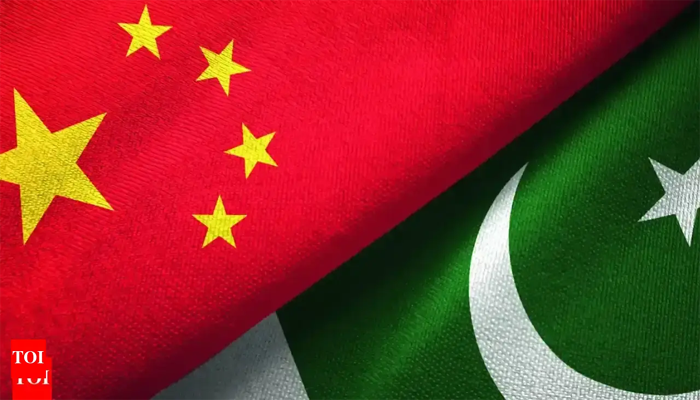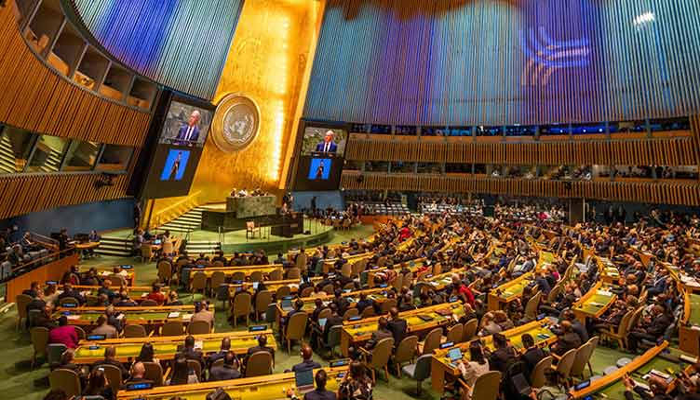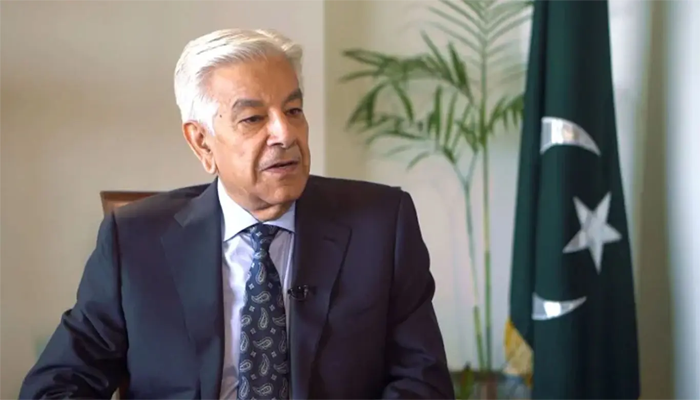ISLAMABAD — In a significant diplomatic development, China on Sunday expressed strong support for Pakistan’s stance on safeguarding its territorial integrity and sovereignty amid rising tensions with India following the deadly April 22 attack in Pahalgam, Indian Illegally Occupied Jammu and Kashmir (IIOJK).
The show of solidarity came during a phone conversation between Chinese Foreign Minister Wang Yi and his Pakistani counterpart, Ishaq Dar. The Chinese foreign ministry, in an official readout, quoted Wang as saying, “As an ironclad friend and all-weather strategic cooperative partner, China fully understands Pakistan's legitimate security concerns and supports its efforts to uphold its sovereignty and security interests.”
The statement came as tensions continued to rise after India accused Pakistan of orchestrating the Pahalgam attack, an allegation Islamabad vehemently denies. In response to New Delhi’s threats of retaliation, Pakistan has offered to take part in a “neutral, transparent and credible” investigation into the incident.
“China supports the prompt initiation of an impartial investigation, emphasising that conflict serves neither the fundamental interests of India and Pakistan nor regional peace and stability,” Wang added, calling on both nations to exercise restraint and work towards de-escalation.
The Chinese backing is seen as critical, especially as New Delhi considers various options amid growing pressure from hardline elements within the ruling Bharatiya Janata Party (BJP). Analysts suggest that the possibility of a limited or even larger-scale conflict cannot be ruled out. In such a scenario, Beijing’s strategic alignment with Islamabad could act as a significant deterrent to Indian military adventurism.
Dar, in his call with Wang, briefed him on the latest regional developments and reaffirmed Pakistan’s resolve in combating terrorism. He emphasized that Pakistan opposes any action that could escalate regional tensions and remains committed to managing the situation through diplomacy.
“Combating terrorism is a shared responsibility of all nations,” Wang said, reiterating China’s consistent support for Pakistan’s counter-terrorism efforts.
A separate statement issued by Pakistan’s Foreign Office noted that Dar categorically rejected India’s “unilateral and illegal actions” as well as its “baseless propaganda.” He expressed deep appreciation for China’s “consistent and unwavering support” and reaffirmed Pakistan’s commitment to the iron-clad friendship and the all-weather strategic partnership with Beijing.
The two nations agreed to deepen bilateral cooperation, uphold regional peace, and maintain close coordination on key regional issues. Both sides also pledged to oppose unilateralism and hegemonic policies in pursuit of sustainable development and security.
In a related diplomatic outreach, Foreign Minister Dar also spoke to UK Foreign Secretary David Lammy to share Pakistan’s perspective on the ongoing tensions. He condemned India’s alleged violations of international obligations, including its decision to unilaterally suspend the Indus Waters Treaty (IWT).
Lammy underscored the importance of resolving disputes through dialogue and peaceful means. Dar reiterated Pakistan’s willingness to cooperate in any independent investigation and stressed Islamabad’s commitment to peace, stability, and defending its national interests.
Both leaders agreed to maintain active communication in the coming days as the situation unfolds.









